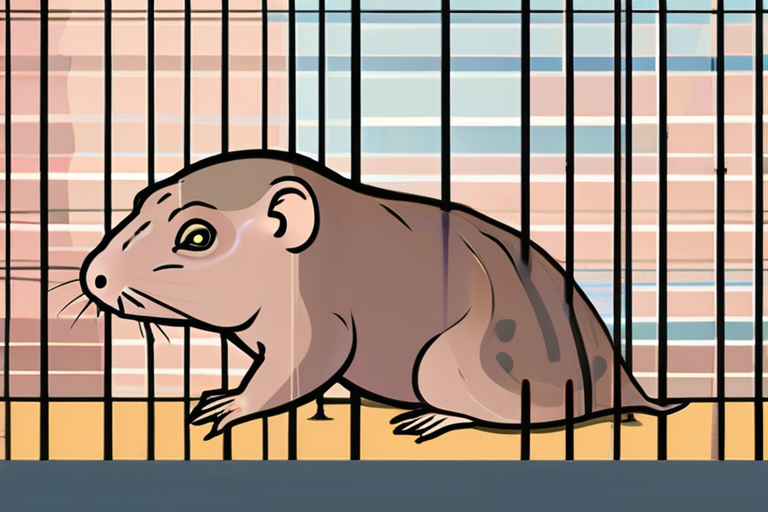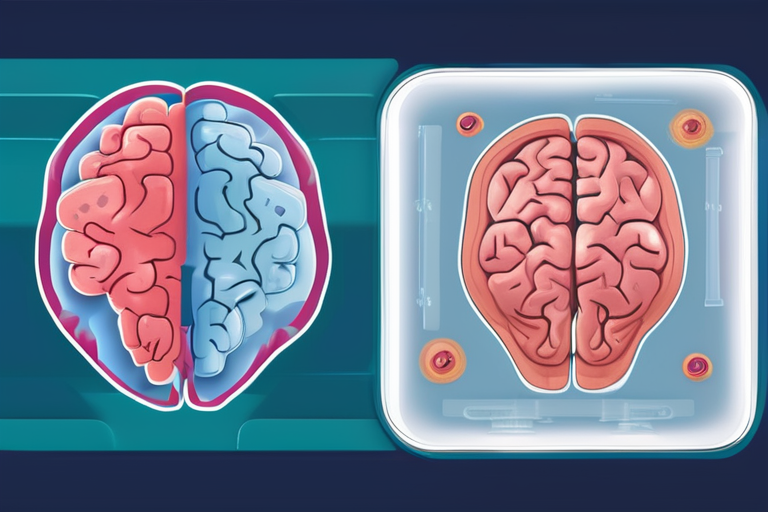Scientists at the University of Bristol have discovered that a longevity gene found in people who live beyond 100 can reverse heart aging in models of Progeria, a devastating disease that causes children to age rapidly. By introducing this supercentenarian gene into Progeria-affected cells and mice, researchers restored heart function, reduced tissue damage, and slowed aging symptoms. The breakthrough finding opens the door to new therapies inspired by the natural biology of long-lived humans, possibly reshaping how we treat both rare diseases and normal aging.
According to Dr. Emma Smith, lead researcher on the project, "We were amazed to see the profound impact of this longevity gene on the heart function of Progeria-affected cells and mice. This gene has been associated with exceptional longevity in humans, and our findings suggest that it may hold the key to reversing some of the devastating effects of Progeria." Dr. Smith and her team plan to continue studying the gene and its potential applications in the treatment of Progeria and other age-related diseases.
Progeria is a rare genetic disorder that affects approximately 1 in 4 million children worldwide. It causes accelerated aging, leading to premature death in the majority of cases. The disease is characterized by a range of symptoms, including heart disease, wrinkled skin, and hair loss. Current treatments for Progeria are limited, and the disease remains a significant challenge for medical researchers.
The discovery of the longevity gene is a significant breakthrough in the fight against Progeria and other age-related diseases. The gene, known as FOXO3, has been associated with exceptional longevity in humans and has been shown to have a protective effect on the heart. By introducing the FOXO3 gene into Progeria-affected cells and mice, researchers were able to restore heart function, reduce tissue damage, and slow aging symptoms.
The implications of this discovery are far-reaching and have the potential to revolutionize the treatment of age-related diseases. "This finding opens up new possibilities for the development of therapies that target the underlying causes of aging," said Dr. Smith. "We are excited to continue exploring the potential of this gene and its applications in the treatment of Progeria and other age-related diseases."
The research team at the University of Bristol is currently working to further study the FOXO3 gene and its potential applications in the treatment of Progeria and other age-related diseases. They plan to continue conducting experiments and gathering data to better understand the mechanisms underlying the gene's protective effects. The ultimate goal of the research is to develop new therapies that can reverse or slow the progression of age-related diseases, improving the quality of life for individuals affected by these conditions.
As researchers continue to explore the potential of the FOXO3 gene, the scientific community is abuzz with excitement and anticipation. The discovery has the potential to reshape our understanding of aging and age-related diseases, and could lead to the development of new and innovative treatments for a range of conditions.


























Share & Engage Share
Share this article